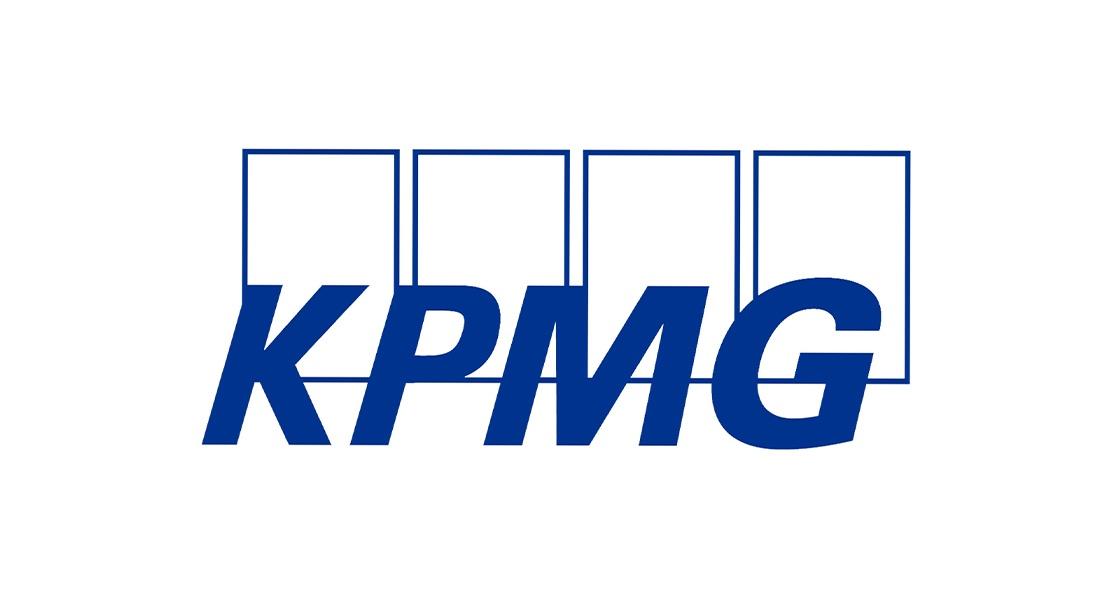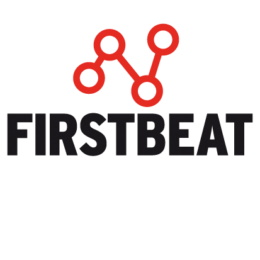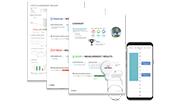
The KPMG Performance Clinic is a remarkable initiative designed to help organizations, and the people that comprise them, better cope with the uncertainty and complexity of life in the modern business world. It took shape, in November 2015, when KPMG Australia acquired The Performance Clinic, an innovative consulting firm specializing in deploying sports science and cutting-edge stress and recovery research to enhance workplace performance.
During a recent visit to Finland KPMG Chief Operations Officer Jason Murray talked about their science based approach and the role Firstbeat Lifestyle Assessment plays in his coaching.
In a moment of pause, Murray smiles and reveals the ambition of their project. “We start the day with the goal of changing the world of the clients we work with,” he explains. In the context of the work he has been describing, it is clear that this isn’t an idle comment, but the residual confidence of well-crafted plans and experience.
Among their signature offerings is the Personal Best program, where a combination of personal coaching and workshops is used towards some very attractive goals from any perspective. “With each new organization we strive towards achieving the 1-3-6-20. That’s reducing each worker’s physiological stress by one hour per day, reducing their biological age by three years, returning six hours of capacity to their lives each week, and increasing energy levels by 20 percent.”
For the individual participants in the KPMG Performance Clinic programs, the engagement value often extends well beyond the workplace. Murray recounts the time when upon completion a man stood and emotionally revealed that the program had helped him become a better father and husband. “You may start with a goal of improved workplace performance, but achieving that includes a host of things that can positively influence the rest of your life as well. Better work-life integration, stress and recovery management, all work to enhance well-being which has benefits across the board.”

What’s the role of Firstbeat Lifestyle Assessment in the process? “It’s a top and tail tool” is how Murray describes its use with the KPMG Performance Clinic. “It’s the benchmark for change as well as the proof point at the close,” he explains. “We’ll introduce the assessment at the start, use the data to show what needs to be achieved and also to bring people on board with the process. Then we bring it back at the end to take a look at the progress and results.”
The Firstbeat Lifestyle Assessment utilizes detailed recordings of participant heart activity taken from daily life to make stress, recovery, sleep quality, and the impacts of physical activity available in clear concrete ways. A typical measurement includes three days’ worth of round-the-clock monitoring data collected using Firstbeat’s professional grade Bodyguard 2 device. The recommended sample includes two work days and one leisure day to create a complete picture of the relationship between lifestyle and the impact on the body.
Physiological stress may not always be recognizable in the moment, but poor recovery is a significant factor in decreased performance capabilities. “We had a recent experience with a group comprised mostly of young very hard working professionals. Their assessment reports showed their days were dominated by stress with little or no recovery time, even during the evening or whilst sleeping. It helps illustrate the significant benefits achievable with the right information to help change behavior.”
Results of the assessment include detailed charts that map physiological responses against participant activities throughout the day and night. The fact that the material is drawn from real world experiences in daily life make it a particularly powerful tool for identifying where improvements can be made for motivating lasting behavioral change.
This reliance on data is critical to what Murray describes as a “philosophically agnostic” approach. “We’re always actively looking for what works best for the individual or team. It’s about identifying the combination of core values and goals and where people want to be. Then setting about finding the best way to get them there scientifically and behaviourally.”
As workplace engagement and productivity are increasingly identified as among the greatest challenges facing employers today, opportunities abound for those with the vision to reimagine the focus of employee wellness programs in light of their potential to positively impact organizational performance. Innovators like Murray and the KPMG Performance Clinic are at the forefront of this effort, well on their way to changing the world.
If you liked this article, you should subscribe to our mailing list
You might also be interested in

Corporate Wellness and World Class Athletes: Same Technology, Different Uses
Monitoring internal physiology is an effective tool in the pursuit of performance in professional sports, but also in the office.

Want to Boost Your Productivity at Work? Here’s How Increasing Physical Activity Can Help
Introducing physical activity into your routine can improve multiple areas important for workplace productivity.

“We Have a Problem in the UK in Terms of Productivity”, Professor Sir Cary Cooper Offers His Solution
The president of the CIPD speaks on the issues of poor productivity, long hours culture and work-life balance.


